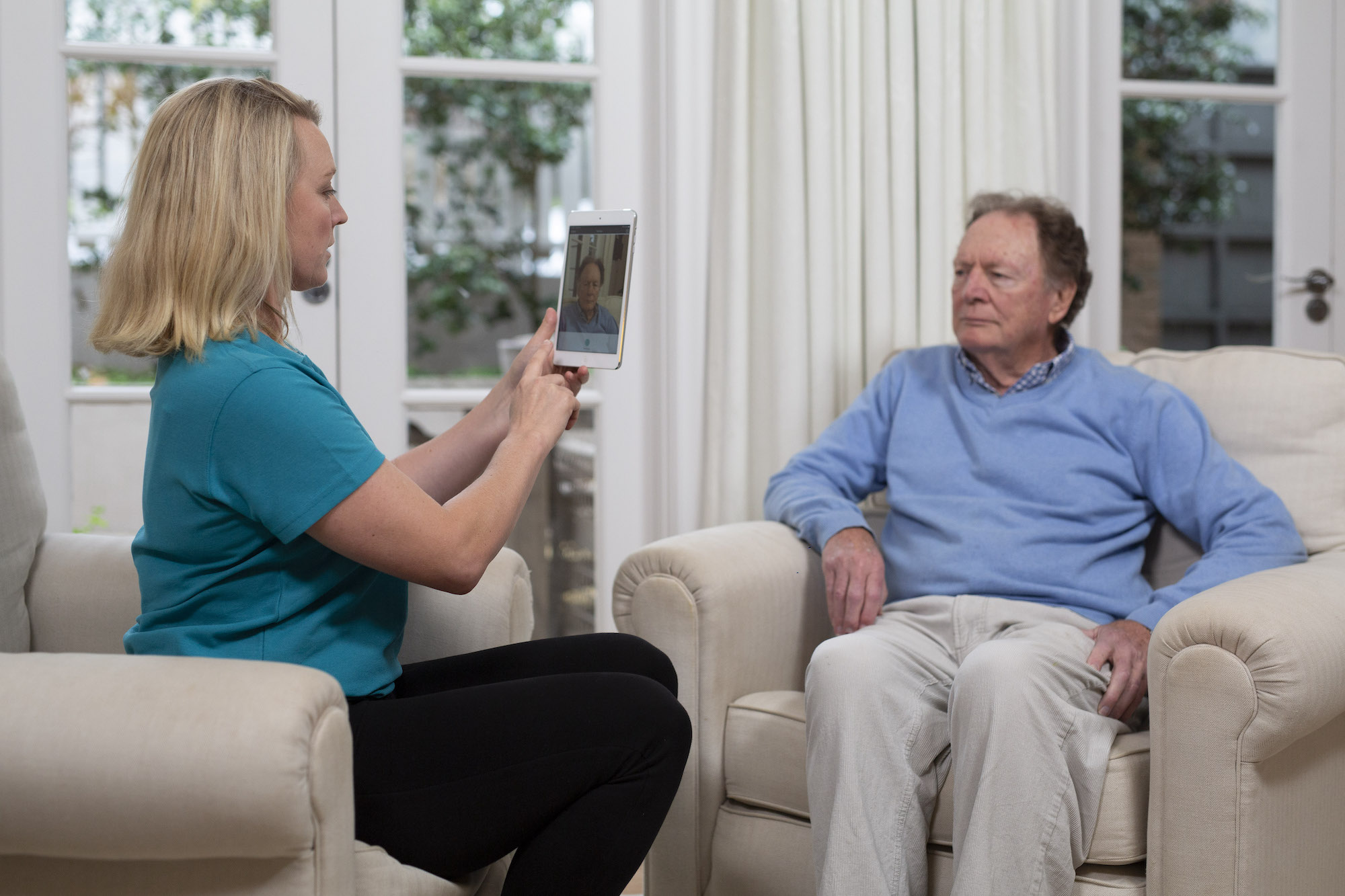There’s something deeply reassuring about the word “accountant.” It conjures images of order, logic, and calm in the face of chaos—someone who brings structure to the unpredictable ebb and flow of business. And for decades, that has been more than enough. Being sensible, qualified, and reliable wasn’t just respected—it was revered.
But today, that might no longer be enough.
We now live in a world where attention is the entry point to everything. People don’t always buy the best service; they buy the one they notice. And in this new attention economy, it’s not the most meticulous firm that gets the click—it’s the one that first earns a fraction of a second in someone’s scrolling feed. For those starting out or scaling online, especially via social media, the game has changed.
Which raises an uncomfortable question: do accountants need to be entertaining?
Table of Contents
From Trust First to Attention First
In the past, an accountant’s credibility was usually established through reputation, referrals, and qualifications. You were trusted because someone said you were trustworthy—or because your credentials proved it. That model still exists, but it’s now running parallel to a new one: attention first, trust second.
In today’s digital landscape, visibility is often the precursor to credibility. Before people assess whether you’re right for them, they need to know you exist—and more importantly, they need a reason to remember you. The psychology here is simple but powerful: our brains are wired to notice what’s different.
The concept of selective attention explains why a splash of humour or a striking message can stop someone mid-scroll. It’s not that entertainment trumps expertise—it’s that entertainment gets your foot in the door. Once someone is listening, that’s when your technical brilliance has its moment.
The Rise of the Entertaining Expert
This shift isn’t just theoretical. Across professional services, we’re seeing a new breed of practitioner emerge—the ‘edu-tainer’. These are subject matter experts who blend deep knowledge with engaging delivery. Lawyers breaking down complex legal cases on TikTok. Financial advisors sharing tax hacks with viral skits. Doctors explaining symptoms using visual metaphors and storytelling.
And audiences are responding in droves. Not because they think professionalism is dead, but because personality now signals approachability, warmth, and clarity.
This ties into a principle known as cognitive fluency—the idea that people are more likely to engage with, trust, and retain information when it’s presented in an easy-to-digest format. A joke, a metaphor, or a skit isn’t “dumbing it down”—it’s creating pathways for understanding. And in a world overwhelmed with data, those pathways matter more than ever.
So no, accountants don’t need to become stand-up comedians. But they do need to start thinking like content creators. Marketing for accountants is changing!
Finding Your Brand of Entertaining
At this point, many accountants might instinctively recoil: But I’m not entertaining. I’m not extroverted. That’s not me. And that’s perfectly fine. Being “entertaining” doesn’t mean playing the clown or acting out tax tips in a glitter wig.
There’s a spectrum. Some accountants may be naturally witty or enjoy storytelling. Others might lean toward the calm authority of the trusted expert, the simplicity of visual explainer videos, or the quirkiness of breaking down accounting myths with coffee in hand. The goal is not to be someone you’re not. The goal is to show enough personality that people remember you.
This is where brand archetypes come into play. These are familiar roles or identities that help shape how a brand communicates. The accountant might be:
- The Sage – wise, calm, informative
- The Caregiver – nurturing, reassuring, always in your corner
- The Creator – inventive, fresh-thinking, always trying new approaches
- The Rebel – challenging outdated financial advice and pushing for better
You don’t need to create a whole persona. But understanding the emotional tone you want to project helps guide your content and presentation. It helps clients understand who you are—before they look at your qualifications.
Choose Your Stage Wisely
Not every accountant needs to be a TikTok star. But every accountant should be conscious of where they show up—and how. The tone and expectations of each platform differ, which means there’s a way to bring in that spark of entertainment on your terms.
- LinkedIn is perfect for insight-led storytelling. Share quick anecdotes about common client wins or bust open myths about tax season.
- Instagram lends itself to visual creativity—think infographics, behind-the-scenes clips, or “day in the life” reels.
- YouTube is ideal for longer educational content with personality: case studies, explainer series, or even low-key skits.
- TikTok (if you dare) rewards creativity and humour—think rapid-fire tips, relatable accountant struggles, or response videos.
Regardless of the platform, your aim is to hook first, help second. Make someone feel something—curiosity, laughter, relief—and they’ll be more inclined to stick around for the value.
The Risk of Playing It Too Safe
Let’s flip the narrative: what happens when accountants don’t show up online? What happens when they default to dry professionalism and shy away from injecting any personality?
The result is usually invisibility.
In a world of noise, blandness is forgettable. There’s a psychological phenomenon called inaction bias—the tendency to favour doing nothing because it feels safer than risking something new. But the cost of inaction is real. Firms that fail to differentiate risk fading into the background, regardless of how good their work is.
And for new or growing firms, that’s a dangerous place to be.
The Entertaining Accountant Is Not an Oxymoron
All of this leads to a fundamental truth: we trust people, not PDFs. And in today’s world, we follow people we trust. The most successful accountants online don’t water down their expertise—they find smart, creative ways to deliver it.
They become known for a certain style. They make you feel something—whether it’s clarity, relief, or a sense of being seen. And as a result, they attract not just more attention, but better-fit clients.
This doesn’t mean abandoning the seriousness of the job. It means balancing rigour with relatability, expertise with expression. It means finding your unique voice in a field that too often relies on sameness.
The New Rules of Professional Visibility
Entertaining isn’t the opposite of professional. It’s a bridge between expertise and audience.
Today’s accountants don’t need to dance on camera. But they do need to be memorable, approachable, and—above all—human. Because in a world of infinite scroll and algorithmic indifference, the best way to be seen is to stand for something. And sometimes, that means stepping slightly outside the spreadsheet.
In a world full of quiet competence, the boldest act might simply be showing up with personality.



